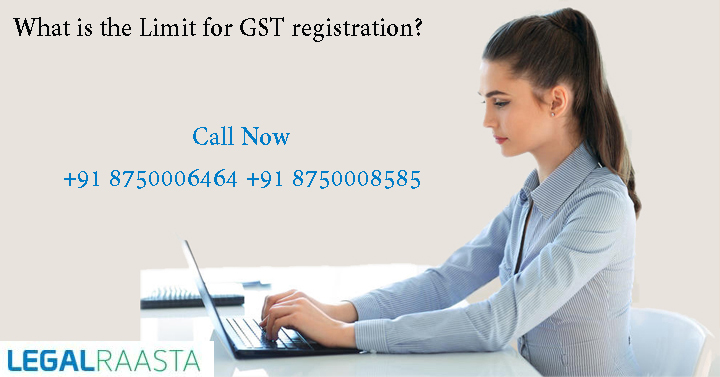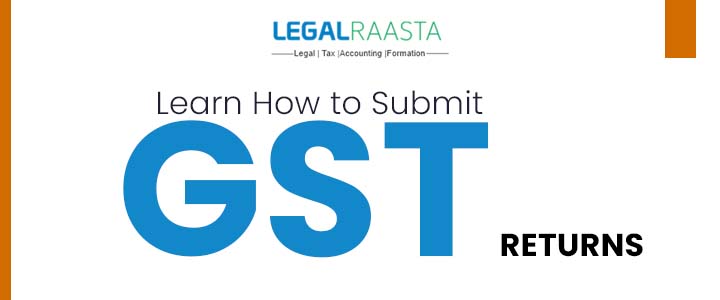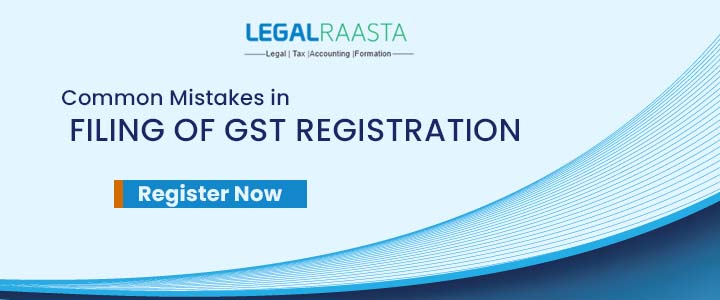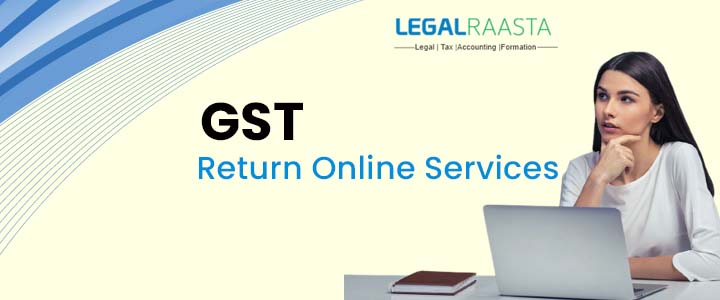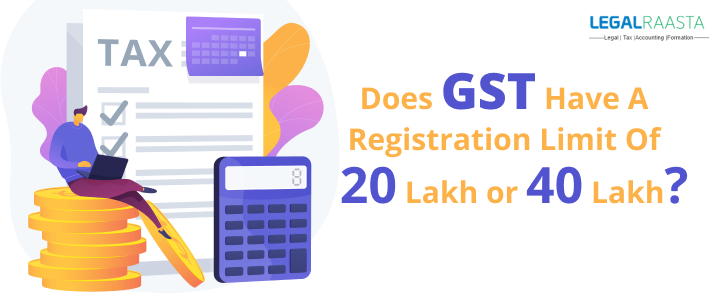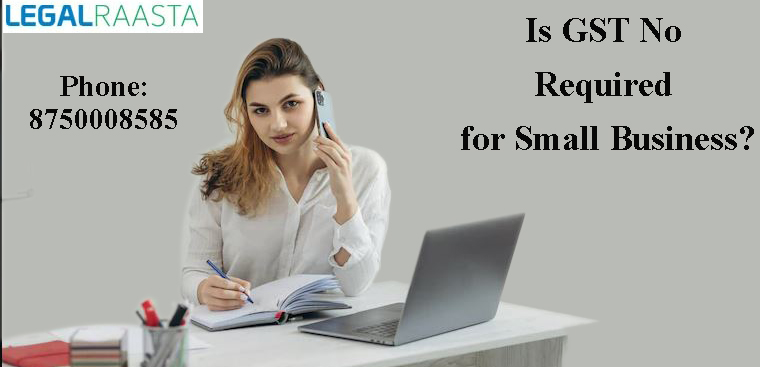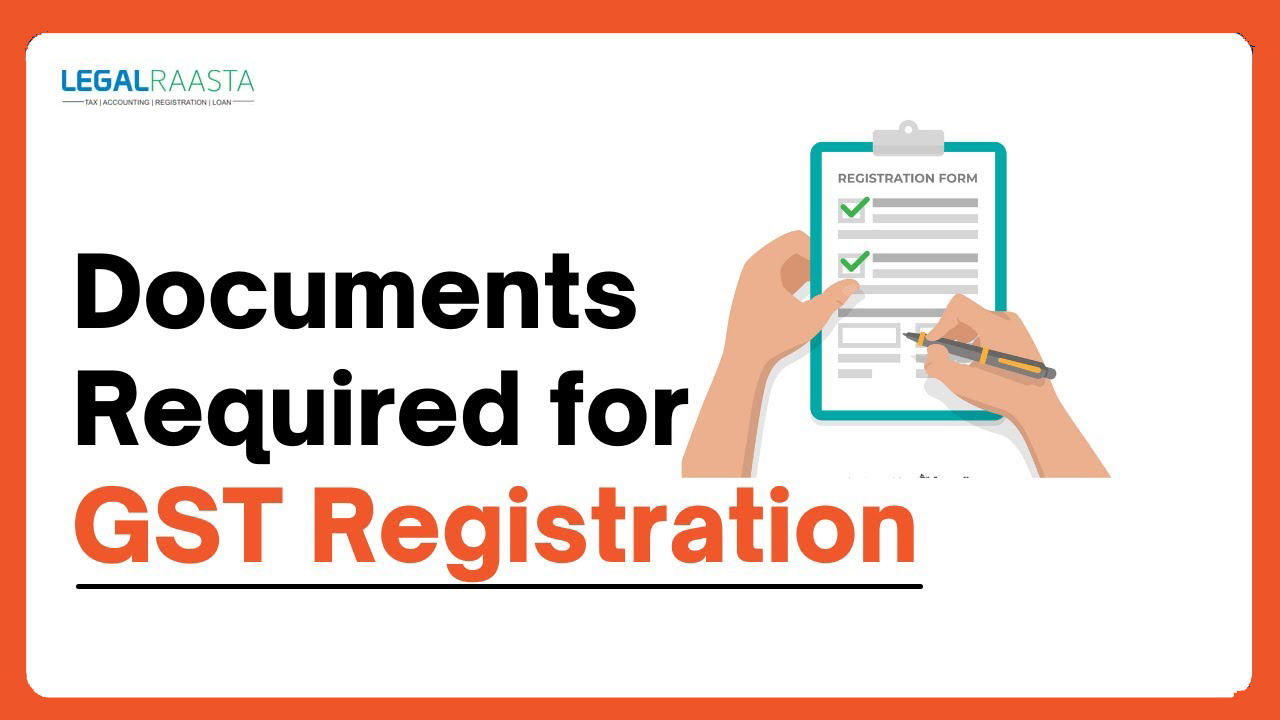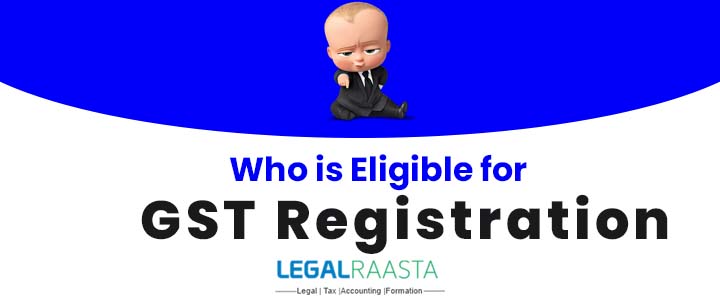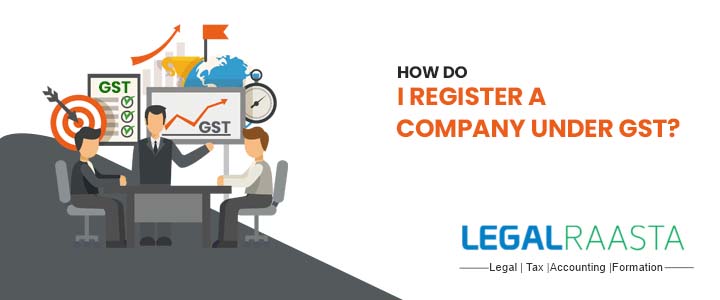What is the Limit for GST registration?
GST registration establishes your brand as reliable and genuine while enabling your firm to operate legally. Simple GST registration can be done online through the GST portal. The GSTIN number is typically created 3–4 days after the application is submitted.
You must submit an individual GST application if your annual revenue exceeds 40 lakhs. If you operate an internet business, you must also obtain a GST number. According to the GST registration limits, businesses or business owners having a taxable turnover of more than 40 lakhs must register as ordinary taxable people.
However, individuals having taxable turnovers under 10 lakhs are required to register as specific taxable persons. By registering for GST, you can reach the threshold requirement for GST registration. The GST registration threshold limit has increased to Rs 40 Lakh for the standard category and Rs 20 lakh for the special category, which is why we are explaining it in this blog. For providers or suppliers of commodities under the most recent indirect tax scheme, we also calculate the necessary GST threshold limit in this article.
Threshold Limits for GST Registration Increased
The great majority of businesses are required to register for GST. Businesses who transgress GST regulations, such as those that don’t register for GST prior to doing business, are subject to harsh fines. The upper ceiling for service providers of GST registration has not changed.
If a person earns more than Rs20 lakhs or Rs10 lakhs per year, they must register. In response to concerns from MSMEs, the GST council reduced the minimum threshold for GST registration and streamlined the GST compliance process.
The GST Council raised the threshold from 20 lakhs to 40 lakhs, increasing the amount that is now exempt from paying GST.The council increased the threshold for the northeastern states’ exemption from 10 lakh to 20 lakh.
Income Required for GST Registration
A business entity is required to register under the Products and Services Tax if their yearly sales as a supplier of goods surpass Rs. 40 lakh. A business must register for the Goods and Services Tax if its annual revenue exceeds 20 lakh.
The GST registration turnover limit is set at 10 lakhs for North Eastern and hilly states that have been designated as specific states. As of April 1, 2019, the CBIC declared that the business threshold would increase from 20 lakhs to 40 lakhs.
The online GST registration procedure typically takes 2 to 6 business days. The threshold amount for service providers to register for GST has not altered. A person is required to register if their turnover threshold for GST registration exceeds Rs 20 lakhs or Rs10 lakhs.
States that Selected the New Cap
The new tax code will result in tax increases in 31 states and 5 union territories. According to Section 24 of the CGST Act, 2017, a taxpayer registration is required. However, a person who ships handicrafts between states and has a combined revenue below the threshold for GST registration of 20 lakhs is exempt from registration.
However, for states like Manipur, Mizoram, Nagaland, and Tripura, the maximum GST registration turnover is only 10 lakhs. Due to their status as Special States, two states have chosen to continue adhering to the reduced GST restrictions.
J&K and Assam are the two hilly states. Furthermore, these states have chosen to increase the GST turnover threshold to 40 lakhs. These two states had the option of applying GST on all turnover exceeding a threshold of 10 lakhs, but they opted for a higher threshold of 20 lakhs for GST registration turnover.
In response to the terrible natural catastrophes that devastated Kerala last year, the state has the authority to impose a 1% “calamity cess” on all intra-state shipments of products. This would help the government’s initiatives to stabilize the economy.
Limit on the total amount of turnover for the supply of goods
Aggregate turnover is the total of all taxable supplies, calculated on an all-India basis but excluding inward supplies for which a person pays tax on a reverse charge basis, exempt supplies, exports of goods or services or both, and interstate supplies made by individuals with the same Permanent Account Number (PAN).
Reverse Charging Mechanism for Goods Supply
Reverse Charge is the obligation to pay tax under sections 9(3) or 9(4) of the CGST Act or sections 5(3) or 5(4) of the IGST Act by the recipient of the supply of goods or services or both instead of the supplier of those goods or services or both.
When you register for GST in India, you can estimate your GST obligations using the GST interest calculator. In most cases, the supplier is in charge of obtaining tax from the customer of goods or services and remitting it to the relevant taxing bodies.
The government has been given the power to require the recipient to deposit the tax with the tax authorities rather than the provider of particular specified goods and services, who is not required to pay tax.
Fiscal Year to Calculate the Total Turnover
The total revenue for the current fiscal year is used by the government to determine if any extra threshold limits are applicable. All service providers whose total revenue for the most recent fiscal year exceeds the threshold limitations must register for GST.
However, those who fall into the following categories of taxpayers are compelled to pay GST by default. They ought to register because their company exceeded the GST threshold.
Exempt individual
- Companies or people who make taxable supplies over state boundaries are exempt from this requirement.
- People who must pay taxes under the Act on Casual Taxable Income.
- People who must pay tax as a result of the reverse charge clause.
- Section 9 Subsection requires individuals to pay tax (5).
- Taxpayers who are nonresidents.
- People who must pay TDS (Tax Deducted at Source) in accordance with Section 51. Irrelevant is whether or not the persons separately register under the Act.
- Whether or not the distributor of input services registers separately under the Act.
- Those who do taxable services GST items as an agent or otherwise on behalf of other taxable individuals.
- Individuals that sell goods or services as described in section 9’s subsection (5). These transactions are carried out by providers using an online merchant who is mandated by section 52 to collect tax at the time of sale.
- Those who have received notification from the government regarding the council’s recommendations.
- Anyone who offers e-commerce services
- Those who offer internet information, database access, or retrieval services from one place to another outside India. Companies in India provide these services to people who are not registered.
Modifications to the Opt-In Threshold Limits for the Composition Scheme
On April 1, 2019, the compositional scheme was altered. The annual turnover requirement for the composition programme was raised by the council to 1.5 crores. People who have registered for this programme must file annual reports and make quarterly tax payments starting on April 1, 2019.
For North-Eastern states and Uttarakhand, the GST registration threshold remains at 75 lakhs. For taxpayers who are solely service providers, the new plan established a fixed tax rate of 6%, which includes 3% CGST and 3% SGST.
The programme did not equip service providers with a composition strategy. This programme is open to service providers and suppliers of goods and services who had a 50 lakh rupee turnover in the previous fiscal year.
Conclusion
In India, there is a limit on the total number of exemptions that can be requested each year for registration under the GST. Anyone whose annual taxable turnover exceeds the threshold for exemption must register with the GST.
Depending on the jurisdiction, we have indicated a GST registration cap or GST threshold in the blog post above. There have been several inquiries regarding the GST level as a result of the frequent changes in the law.
Contact company name as a reliable resource and one-stop shop for any problems involving income tax or GST filing, staff management, and other relevant matters. Therefore, if you require any assistance with GST registration, pls get in touch with LegalRaasta for any additional questions.

